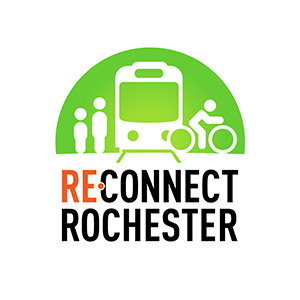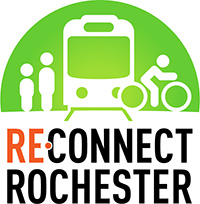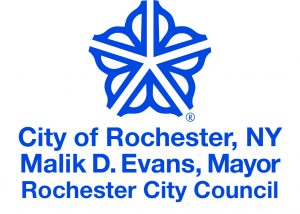
This film series aims to identify, explain and discuss complex transportation concepts, and facilitate community conversation about the current state and future possibilities for mobility in Rochester.
Together with locally produced and archival short films, live panel discussions help to stimulate community conversation on a wide range of related topics including Rochester’s transportation history, bus transit system, cycling infrastructure, pedestrian life, street design, “car culture”, equity issues, urban sprawl, and more.
To be notified of future events, follow us on Facebook or subscribe to our e-newsletter.
Previously…
The Rochester Street Films below explored topics including accessibility, poverty, urban exploration and car culture. If you would like to host a mini screening of Rochester Street Films with your friends or neighbors, please contact us.
This film explores the Complete Streets Makeover at Arnett Boulevard and Warwick Avenue in the 19th Ward.
This film explores transportation as a systemic equity issue, shares a front line view of the struggle, and highlights the innovative ways some local organizations are meeting transportation needs. Interested in the full virtual event screening, complete with follow-up panel discussion? Check that out here.
The film captures the “Complete Streets Makeover” of N. Clinton Avenue in Rochester, NY.
In 2016 a young child was struck and killed by a vehicle near the corner of Parsells Ave. & Greeley St. in Rochester’s Beechwood neighborhood. In 2018, with the help of Reconnect Rochester, Stantec and a host of other partners, the neighborhood rallied to transform the intersection into a safe and welcoming space for everyone. This is the story of their “Complete Streets Makeover.”
This film focuses on the lives of three Rochesterians. Cee Cee, Nassir, and Eve give us a firsthand look at what life is like when you can barely afford to buy a bus pass, much less a car. After you watch the film, be sure to check out the live presentation and panel discussion here.
Many urban neighborhoods throughout the U.S. were destroyed by the construction of new highways during the latter half of the twentieth century. In many cases, low income and minority neighborhoods were selected as locations for these new highways to pass through, with little consideration for the people who would have their homes destroyed and lives upended. This film highlights current efforts to repair the damage done by Rochester’s Inner Loop highway.
Ericka Jones, a Systems Advocate at Center for Disability Rights, focuses on a segment of our population often overlooked. For people with disabilities, Ericka shows us how running a simple errand requires careful planning days in advance. Ironically, even the streets themselves can become barriers to living a productive life.
Alex Freeman has previously made several films about local cyclists. With this project Alex attempts to understand why the automobile has had such a grip on the hearts and minds of Rochester commuters.
Nate Butler grew up around cars. Learning to work on them with his dad as a kid, he just figured that cars were the only way to get around. Now a student at R.I.T., Nate has taken up cross-country running and he’s learning something new about his community with every step.
Rochester NY in February. It’s 19ºF and the ground is slick with snow and ice. But Mona Seghatoleslami, host of WXXI Classical 91.5 FM will brave the cold attempting to ride her bike from her home in Brighton to her job in downtown Rochester (about 4 miles). Afterwards, Mona heads to Tryon Bike shop to find out what type of gear she’ll need for serious winter cycling.
Transportation planning is about giving people choices. Interview with Erik Frisch, Transportation Specialist for the City of Rochester.
Transportation is key for economic development and making a great city. Interview with Heidi Zimmer-Meyer, President of Rochester Downtown Development Corporation.
Alex Freeman introduces us to several Rochesterians who choose alternate modes of transportation.
For some perspective, Rochester Street Films looks back at how attitudes towards urban planning and transportation have changed over the last century. Remember this one?












